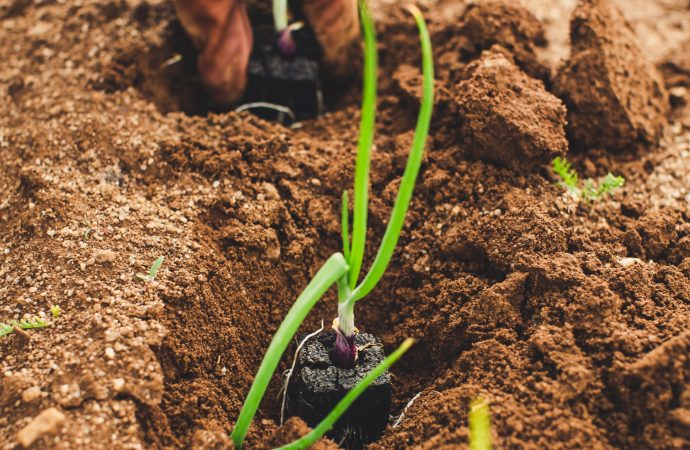If you live in an apartment or have limited outdoor space, you might think that growing your own vegetables is out of the question. However, with container vegetable gardening, you can grow fresh produce right on your balcony or patio. In this article, we’ll cover the basics of container vegetable gardening, including choosing the right
If you live in an apartment or have limited outdoor space, you might think that growing your own vegetables is out of the question. However, with container vegetable gardening, you can grow fresh produce right on your balcony or patio. In this article, we’ll cover the basics of container vegetable gardening, including choosing the right containers, selecting the right plants, and caring for your garden.
Choosing the Right Containers
When it comes to container vegetable gardening, the right container is essential. You’ll want to choose a container that is large enough to accommodate the plant’s root system and has adequate drainage. Some popular container options include plastic pots, ceramic pots, and wooden boxes. You can also get creative and repurpose items like old buckets or even a shoe organizer.
Selecting the Right Plants
Not all vegetables are well-suited for container gardening. When selecting plants, look for varieties that are compact and don’t require a lot of space to grow. Some great options include cherry tomatoes, lettuce, peppers, and herbs like basil and parsley. You can also consider dwarf varieties of larger plants like cucumbers or zucchini.
Caring for Your Garden
Once you’ve chosen your containers and plants, it’s time to start caring for your garden. Here are a few tips to keep in mind:
1. Water regularly: Container gardens dry out more quickly than traditional gardens, so it’s important to water your plants regularly. Aim to water them once a day, or more frequently during hot weather.
2. Fertilize: Container gardens also require regular fertilization to ensure that the plants have the nutrients they need to grow. You can use a slow-release fertilizer or a liquid fertilizer, depending on your preference.
3. Prune regularly: To keep your plants healthy and encourage growth, it’s important to prune them regularly. This involves removing dead or damaged leaves and stems, as well as any suckers that may be growing.
4. Monitor for pests: Container gardens are more susceptible to pests like aphids and spider mites, so it’s important to monitor your plants regularly and take action if you notice any signs of infestation.
Conclusion
Container vegetable gardening is a great way to grow your own fresh produce, even if you have limited outdoor space. By choosing the right containers, selecting the right plants, and caring for your garden properly, you can enjoy a bountiful harvest right on your balcony or patio. So why not give it a try?

















Leave a Comment
Your email address will not be published. Required fields are marked with *